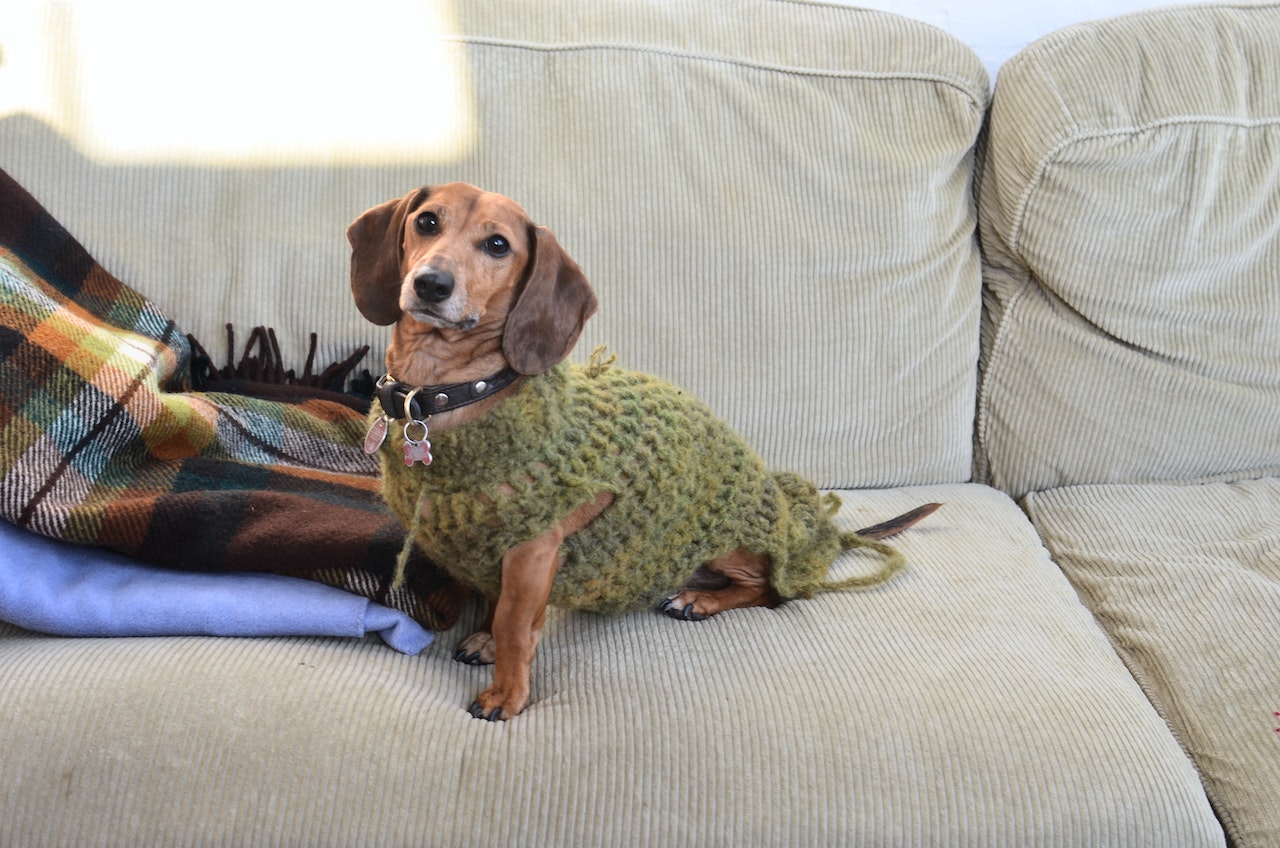FSB, Street No. 22, Punjab, Pakistan
Is it illegal To Breed Dogs In A Council House? Are you a dog lover who resides in a council house? Are you considering breeding dogs but unsure if it’s legal? Well, you’ve come to the right place! In this blog post, we will delve into the fascinating world of breeding dogs in council houses. We’ll explore the laws surrounding this topic and shed light on any exceptions that may exist. Keep reading to learn everything you need to know about council house dog breeding, whether you’re a serious breeder or just curious about the restrictions!
What is a council house?
Local governments or councils own and operate council houses, often known as social housing or public housing. Individuals and families seeking affordable housing rent these buildings.
Council houses provide an important service for those who may not be able to afford private rental options or homeownership. They play a crucial role in addressing the demand for affordable housing within communities.
When allocating these residences, two parameters that are considered are income and family size. The aim is to ensure that those most in need of assistance have access to safe and affordable homes.
Council houses come in various sizes and styles, ranging from apartments to detached houses. In urban and rural locations, they serve distinct requirements and preferences.
Living in a council house comes with certain responsibilities and obligations. Tenants must adhere to rules set by the local council regarding maintenance, rent payments, and any restrictions on activities within the property.
Council houses serve as an essential resource for providing secure housing options for individuals and families facing financial challenges.
What is the law regarding breeding dogs in a council house?
In the context of dog breeding within a council residence, it is imperative to take into account the pertinent laws and regulations. The specific laws regarding this issue may vary depending on the country or region you live in, so it’s essential to familiarize yourself with the local legislation.
In general, many councils have policies in place that prohibit dog breeding in council houses. This is often due to concerns about overpopulation, noise disturbances, and potential health risks associated with uncontrolled breeding practices. Breeding dogs without proper permits can also lead to issues related to animal welfare.
They will accurately determine if dog breeding is allowed in your housing arrangement.
Are there any exceptions to the rule?
- Exceptions to the rule
Council houses have a strict policy on dog breeding, however, there are exceptions. Councils understand that pets can bring joy and companionship to residents, so they have made provisions for responsible pet ownership.
One exception is if you are a registered breeder with a valid license. If you can guarantee the dogs’ well-being and follow all the rules, you may be able to breed them in your council home. It’s important to note that each council may have its own specific guidelines, so it’s essential to check with your local authority for any additional requirements.
Another exception is if you are a breeding assistant or service dog. These specially trained animals provide vital support to individuals with disabilities or medical conditions. Councils usually recognize the importance of these dogs and allow breeding within certain limits.
In rare cases, certain councils may grant authorization. A dog-breeding company owner who requires temporary lodging due to unforeseen circumstances may be allowed to stay in a municipal property until other arrangements can be made.
In conclusion
While breeding dogs in a council house is generally prohibited unless special circumstances apply such as being a licensed breeder or breeding assistant/service dog; it’s crucial to consult your local authority for specific guidelines and permissions related to pet ownership in council housing. Remember that responsible pet ownership should always remain at the forefront when considering any exceptions or allowances under these regulations.
Conclusion
It is important to understand the legalities and regulations surrounding breeding dogs in a council house. While there are no specific laws that explicitly prohibit dog breeding in council houses, many local authorities have restrictions in place to ensure the well-being of both animals and residents.
Breeding dogs requires careful consideration and responsible ownership to prevent overcrowding, noise disturbances, and potential health and welfare issues for the animals involved. It is crucial to consult with your local council or housing association to understand their specific guidelines on keeping pets in council housing.
Remember, owning a dog comes with responsibilities such as providing adequate space, care, and attention. Before deciding to breed dogs or keep any pet in a council house, consider whether you can meet these requirements without causing disruption or harm to yourself or others.
If you are passionate about breeding dogs but live on a council property, it may be worth exploring alternative options such as applying for special permissions or considering private accommodation where you can fulfill your aspirations without conflicting with any regulations imposed by your local authority.
It is essential to prioritize the safety and well-being of both humans and animals when making decisions regarding dog breeding within a council house setting. By being aware of the rules set forth by your local authority and taking responsible actions as pet owners, we can all contribute towards creating harmonious communities where everyone can enjoy their homes alongside our furry friends.




